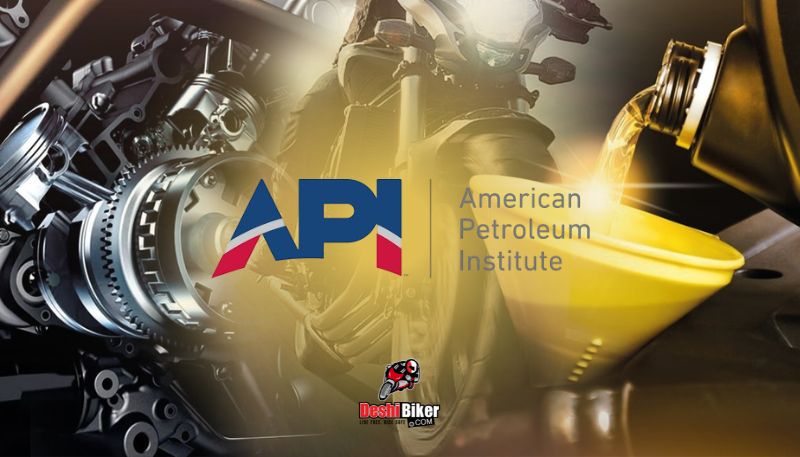What does API mean in Engine Oil?

What is API in motor oil? What does API stand for engine oil? Is higher API oil better? What is the difference between API and SAE oil? Which is better, API SN or SP? Can I use higher API oil? We will take a look at all these questions. This topic will clarify you everything about the API in Engine Oil.
What does API mean in Engine Oil?
API stands for the American Petroleum Institute. API is actually the short form of the alluded organization. Indeed, API sets the standards of engine oil performance. It also categorizes the standards based on the types of vehicles. In other words, it certifies qualifications and quality to achieve the criteria that support the engine technology. It standardizes the motor oil performances for both Diesel and Gasoline engines.
On the other hand, the API Gravity is the measurement of the heaviness of a petroleum liquid comparing water. API Gravity with more than 10 magnitudes refers to lighter petroleum liquids. These will float on water. Meanwhile, when the magnitude is less than 10, the liquid is denser and is prone to sinking in water.
What is API Oil Classification?
What are the categories of API? One may ask. Let’s check out the API Oil categories for various engines. We prioritize the oil categories for the Gasoline engines as these are mostly observed in the motorcycles.
| Category | Status | Details |
| SP | Running | Very much in use after its introduction in May 2020. Able to provide safety against wear protection, LSPI, pistons & turbochargers intense temperature deposition safety, engine sludge, etc. |
| SN | Running | Highly used in modern times. Generally applicable for engines made in 2020 or older ones. |
| SM | Running | For Engines made in 2010 or older. |
| SL | Running | Suitable to automotive engines built in 2004 or before. |
| SJ | Running | Applicable to automotive engines built in 2001 or before. |
| SH | Outdated | You won’t find enough protection against wear, oxidation, or engine sludge. Unsuitable for engines built after 1996. |
| SG | Outdated | Can’t protect against oxidation, engine sludge, or wear. No suitable for engines built after 1993. |
| SF | Outdated | Unable to provide protection against engine sludge. Unusable to engines made after 1988. |
| SE | Outdated | Can’t use on Gasoline-powered engines built after 1979. |
| SD | Outdated | Unsuitable for engines made after 1971. |
| SC | Outdated | Not suitable for engines built after 1967. |
| SB | Outdated | It isn’t usable for engines built after 1951. Yet again, it is not applicable to modern vehicles. |
| SA | Outdated | Existence of No additives. Unsuitable for modern vehicles. It isn’t usable for engines built after 1930. |























